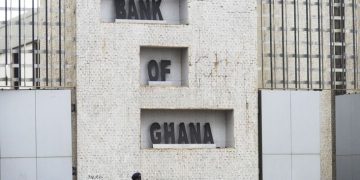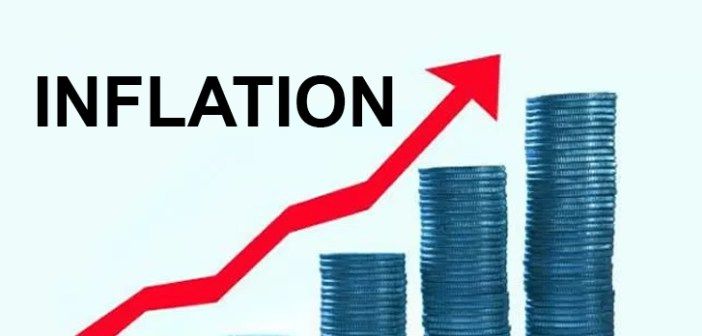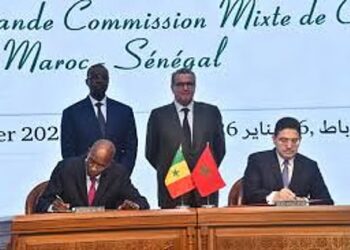In its recently released Quarterly Economic Bulletin for Q3 2023, the Bank of Ghana offers a nuanced perspective on the country’s economic trajectory.
While the disinflation process is expected to persist, the bank acknowledges a projection that inflation will remain above the upper band of the medium-term target of 8±2 percent until the year 2025.
Per the latest data from the Ghana Statistical Service (GSS), inflation at end-November 2023 stood at 26.4%.
Risks to this outlook are multifaceted, encompassing the second-round effects of recent upward adjustments in utility tariffs, climatic factors, unexpected cuts in OPEC+ crude oil production, and the potential escalation of geopolitical tensions that could impact crude oil prices.
However, the Bank of Ghana maintains a measured stance, highlighting the expectation that these risks will be moderated by several mitigating factors.
These include favorable base drift effects, a stringent monetary policy stance, stability in the relative exchange rate, anticipated inflows from the cocoa syndication loan, disbursement of the second tranche of the IMF Extended Credit Facility, and support from other multilaterals such as the World Bank and the African Development Bank.
The economic outlook presented by the BoG underscores the delicate balance between internal and external factors influencing Ghana’s inflationary landscape. As the nation navigates these challenges, the Bank of Ghana remains vigilant, counting on a combination of policy measures and external support to navigate the complex and dynamic forces at play in the global economic arena.
Source: norvanreports.com






































